Tundra
By: Maren Wenger, Pierce Hammack, and Ethan Schaefer
Animals
Polar Bears
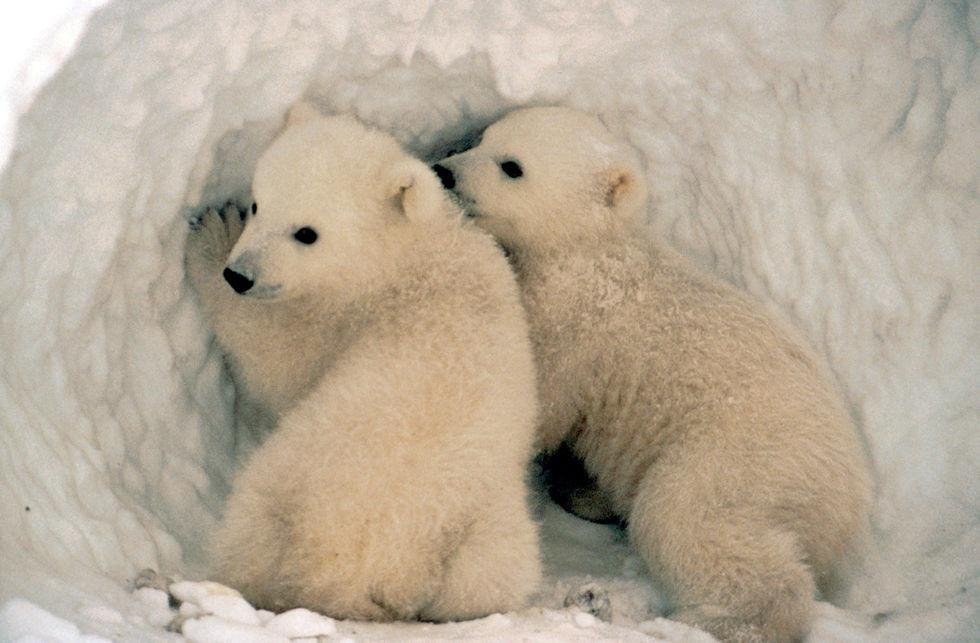
Diet: seals; sometimes walruses; occasionally carcasses of whales
Size: largest land mammals on Earth; males can be 700-1400 lbs and 8-10 ft tall; females are slightly smaller- 350-700 lbs
Adaptations: hairs are translucent and clear; skin is black; coat & skin are designed to absorb sunlight and retain heat; short ears
Reproduction: give birth every 2-3 years; mating season in the spring; give birth in winter; litter of 1-2 cubs
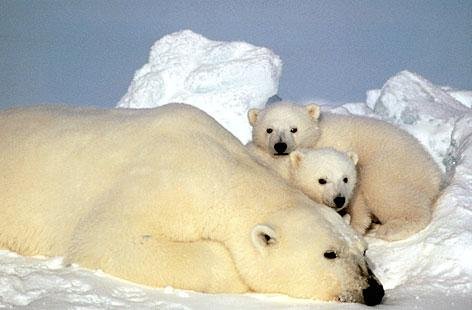
Musk Ox
Adaptations: live in herds; outer coat- long, brown hair; inner coat- wool; horns; glands that produce a strong, musky odor
Reproduction: season- late summer to early fall; 1 calf in the spring; males compete for dominance over a harem of females
Predators: wolves and bears
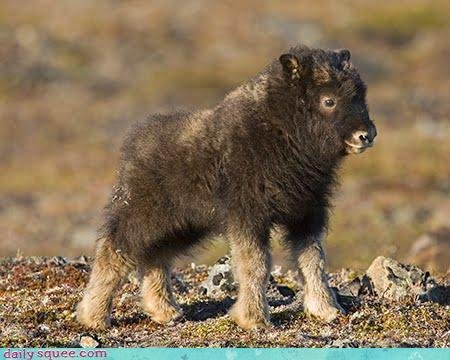
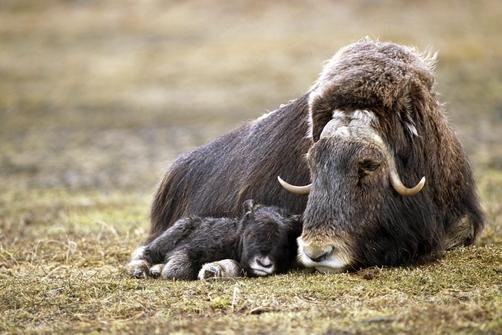
Diet: vegetarian; willow shoots, grasses, shrubs, and lichen
Size: 6-7.5 feet tall; 400-900 lbs; shoulder height of 4-5 feet;
Rock Ptarmigan
Adaptations: change color - brown spots in summer, white in winter; males have red comb over eyes;
Reproduction: females lay between 6-10 eggs; incubation of 3 weeks; male leaves female during incubation; chicks get fledgling in 10-12 days
Predators: hawks, eagles, owls, foxes
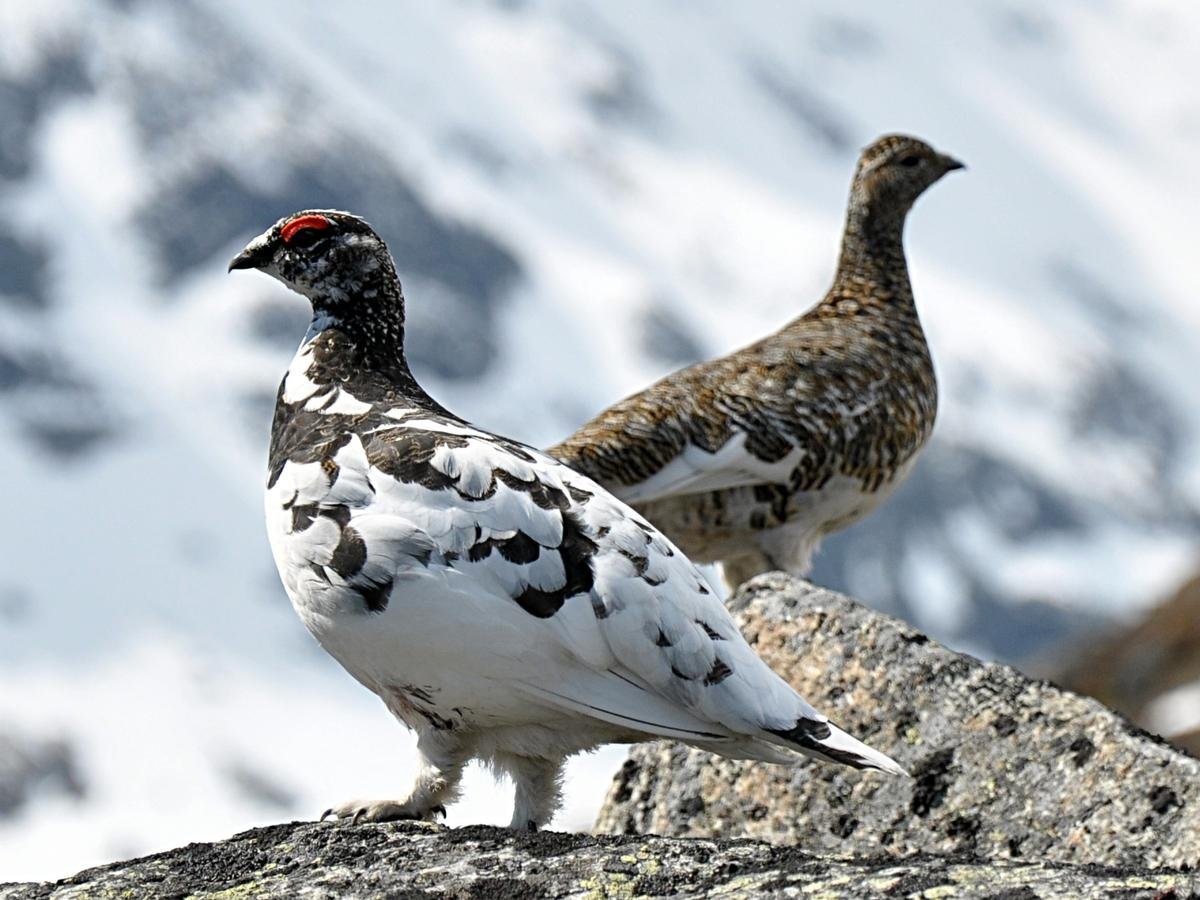
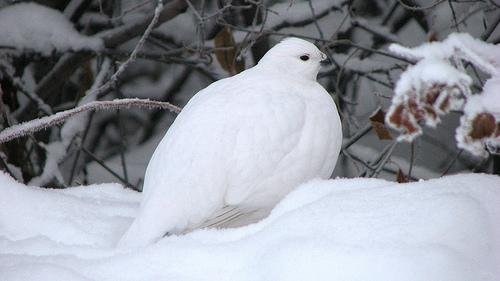
Diet: leaves, flowers, berries, buds, twigs; chicks will feed on insects
Size: 12-16 inches
Caribou/ Reindeer
Diet: summer- vegetation (willow leaves); winter - dig through snow to get moss/ lichen
Size: female - 180-200 lbs; males - 400-600 lbs; 35-55 inches at shoulder
Adaptations: wide hooves- help when walking on mud & snow, help caribou swim & dig; migrate; thick fur and skin; shed their antlers; live in herds
Reproduction: mating season (rut) in fall; females give birth in spring; one calf
Predators: golden eagle - preys on calves; grizzly bears; wolves
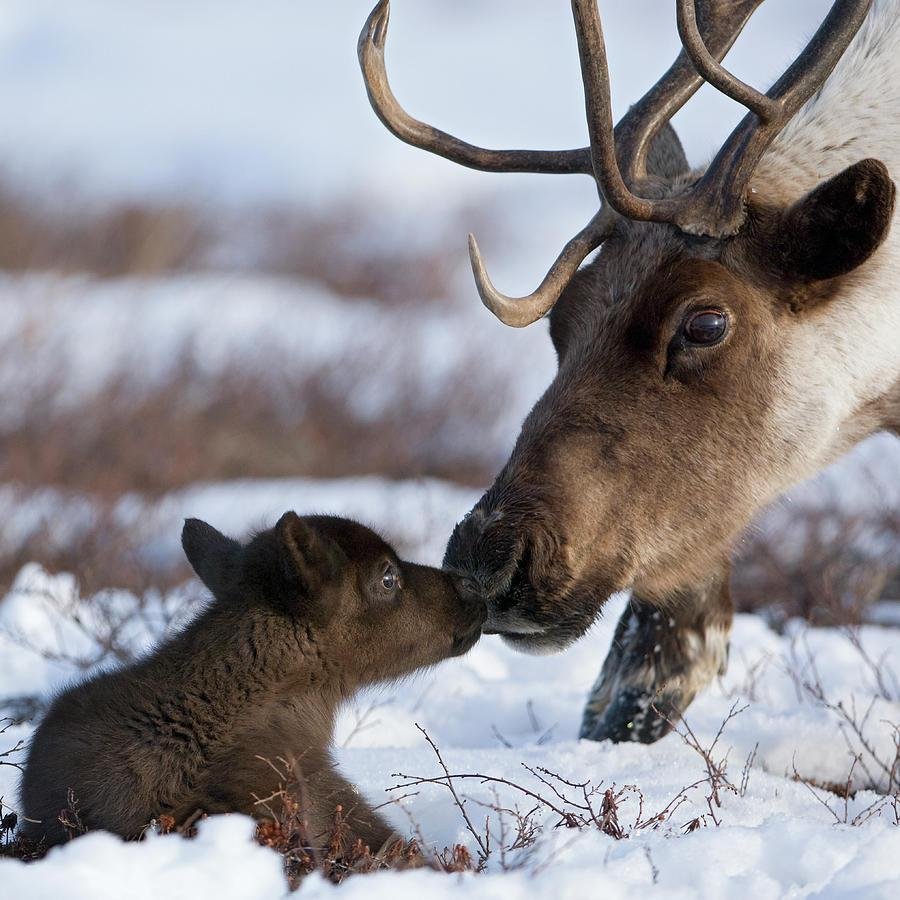
Snowy Owl
Diet: small rodents (lemmings and voles); rabbits; other birds (ptarmigans); eggs of larger birds
Size: 1.75-2 feet in length; 4.5-5.5 foot wingspan;
Adaptations: can move heads 270 degrees both directions; thick layer of feathers on body and feet; keen eyes; great hearing
Reproduction: mating season - April-June; clutch - 2-14 eggs; 4-5 weeks until they hatch; male & female will tend to the nest before the chicks leave
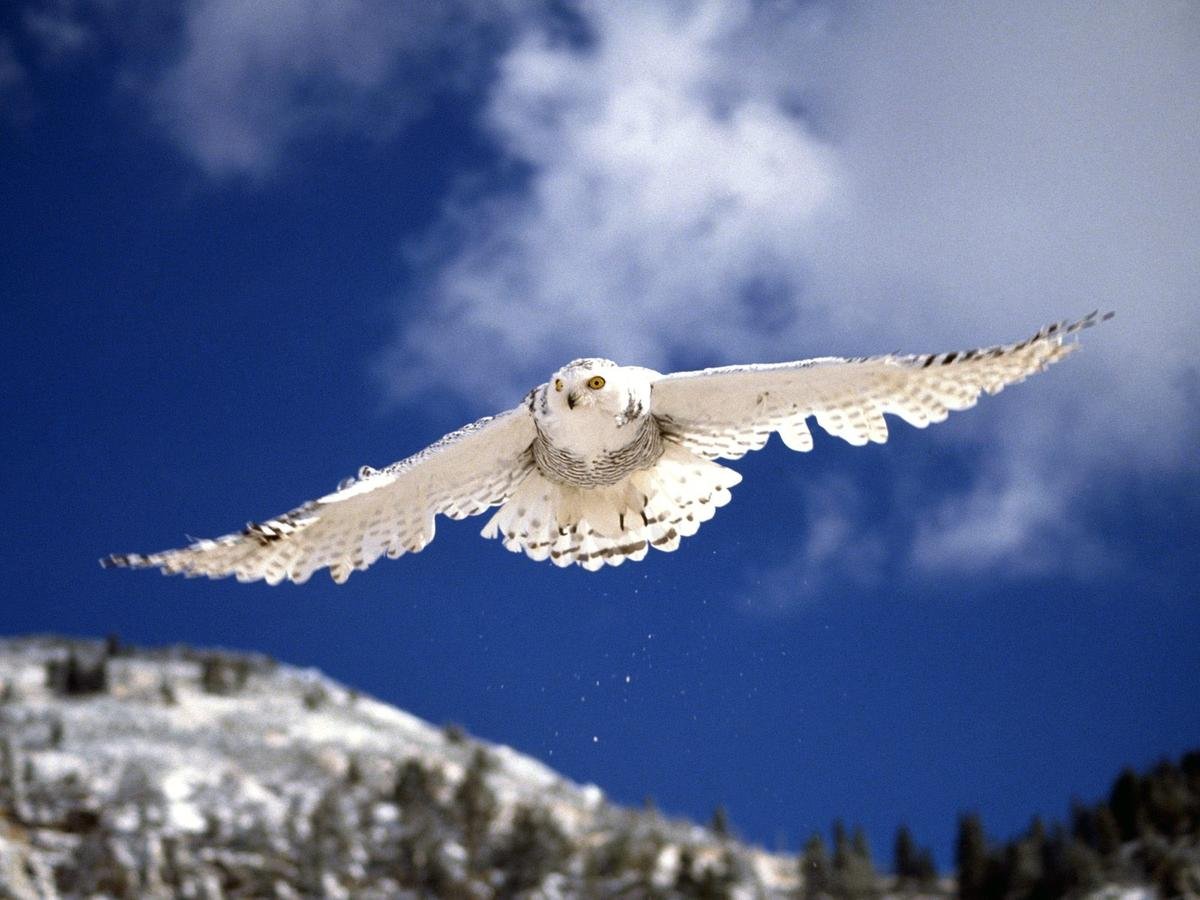
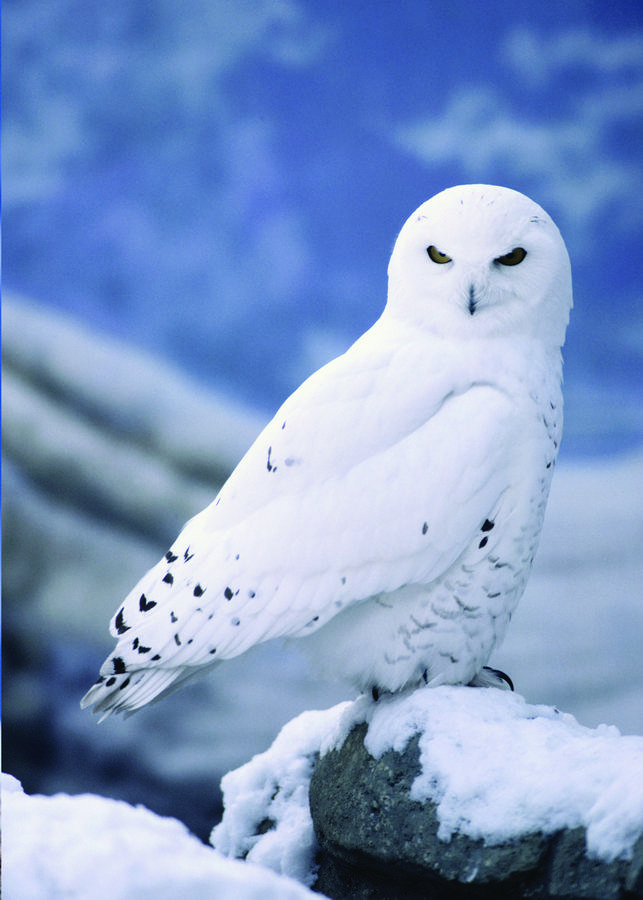
Arctic Hare
Diet: buds, berries, twigs, mosses, woody plants,
Size: length - 20-26 inches; 8-14 lbs
Adaptations: color change; large hind feet allow them to move quickly through snow; claws help them dig through snow; sometimes forage shelters in snow to protect against bitter cold
Reproduction: mate in early spring; give birth in June-July
Predators: arctic wolves, foxes, and ermines
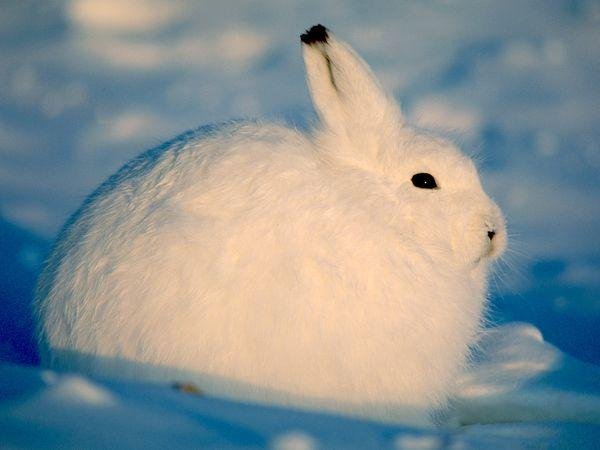
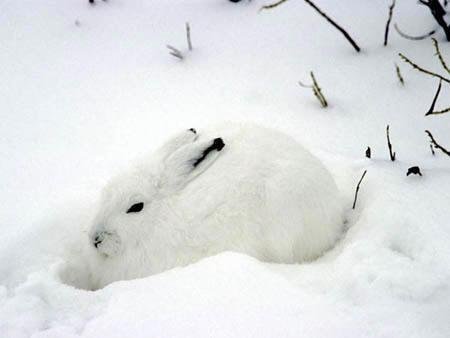
Arctic Wolf
Diet: musk ox, arctic hares, caribou
Size: 1-1.8 meters long; 45-70 kg
Adaptations: small ears; short snout; white fur; live in packs
Reproduction: typically live in rocky outcrops or caves; 2-3 pups
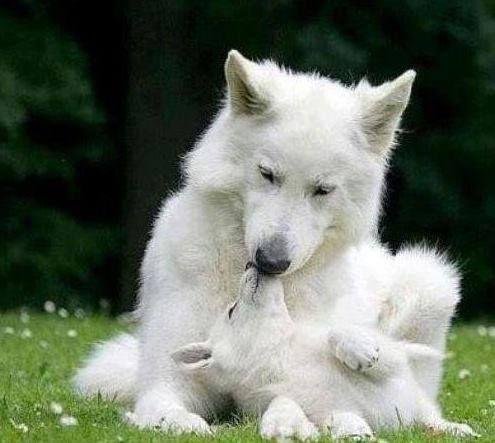
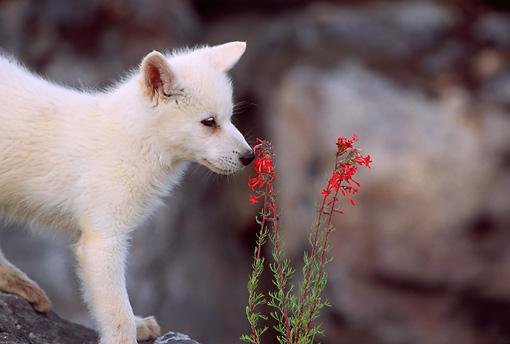
Bald
Eagle
Diet: tundra swan; fish (salmon); rodents; carcasses
Size: 2.5-3 feet in height; wingspan of 6.5 feet
Adaptations: claws; size; where they build their nests
Reproduction: solitary; mate with same eagle in the spring; lay 2-3 eggs; incubated for 35 days; chicks are brown without white head
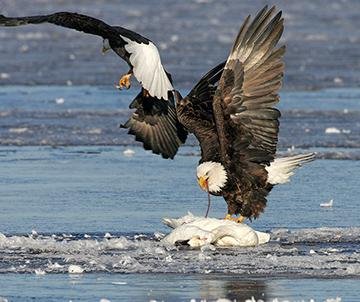
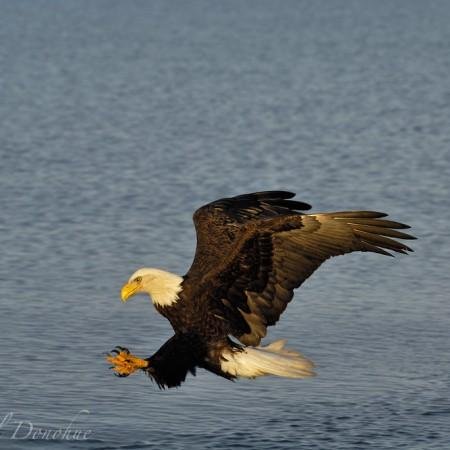
Tundra Swan
Diet:
Size:
Adaptations:
Reproduction:
Predators:
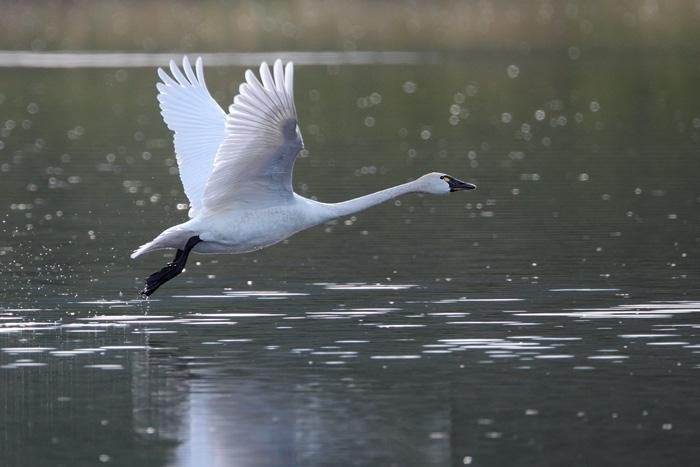
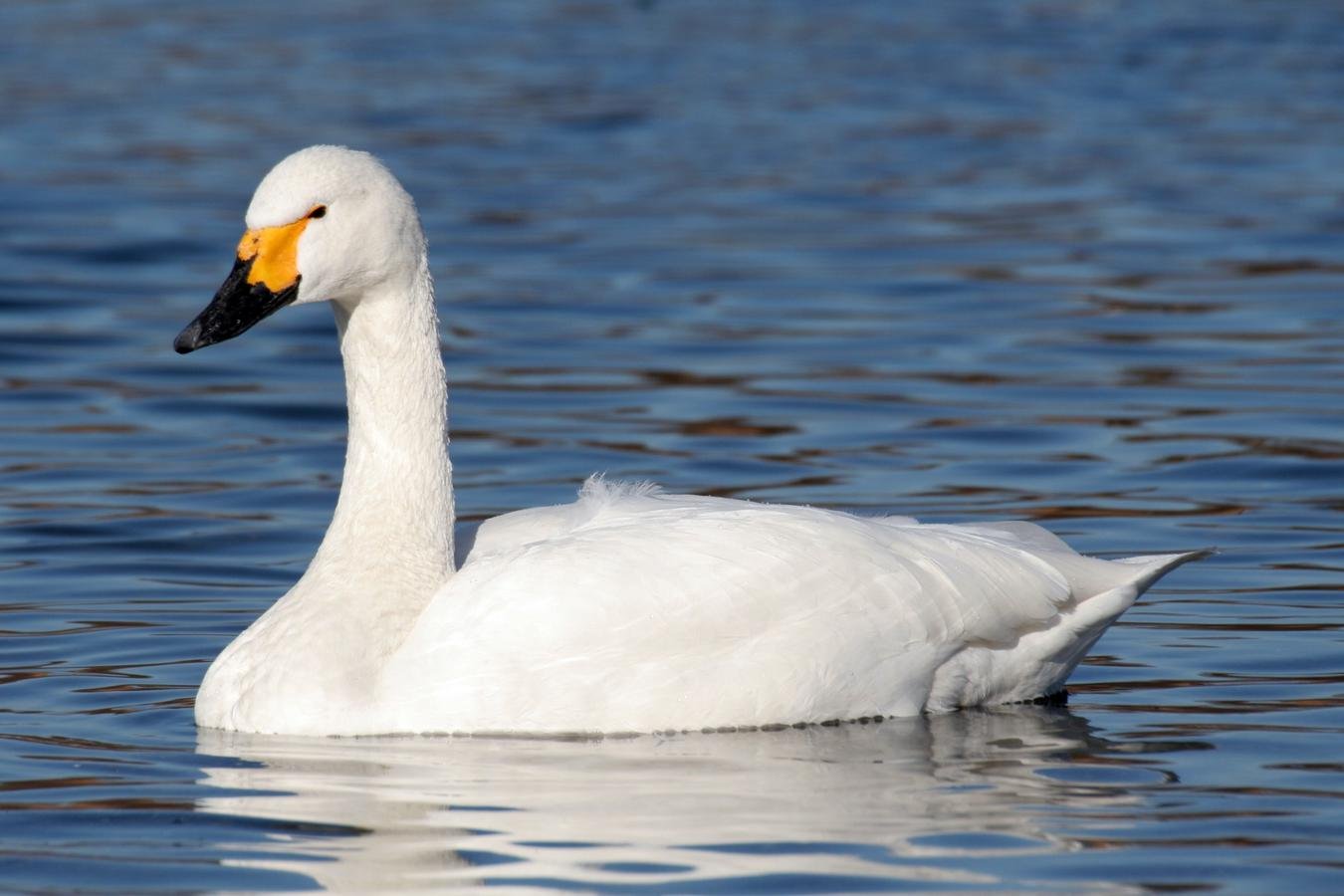
Ermine
Diet:
Size:
Adaptations:
Reproduction:
Predators:
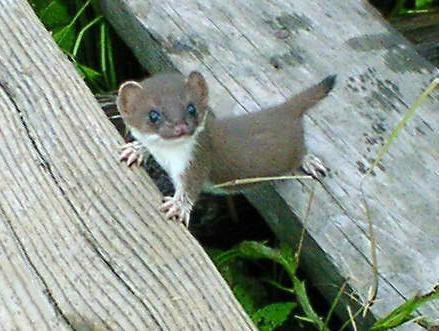
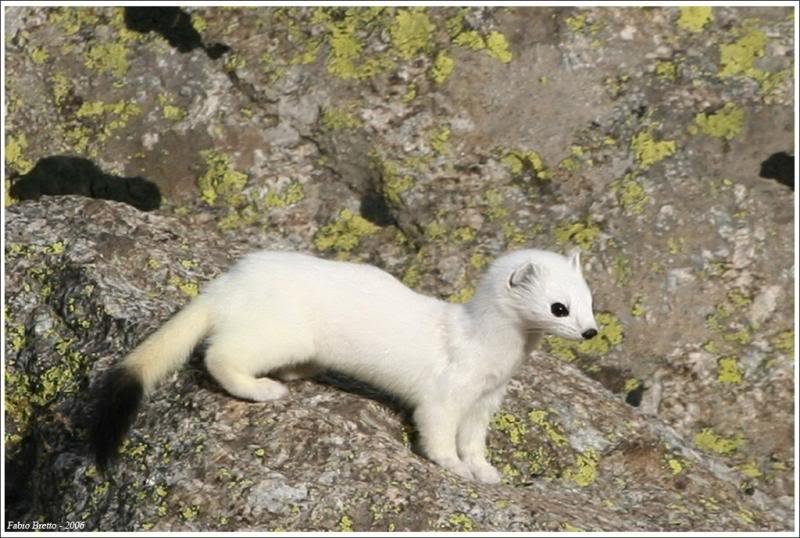
Pika
Diet:
Size:
Adaptations:
Reproduction:
Predators:
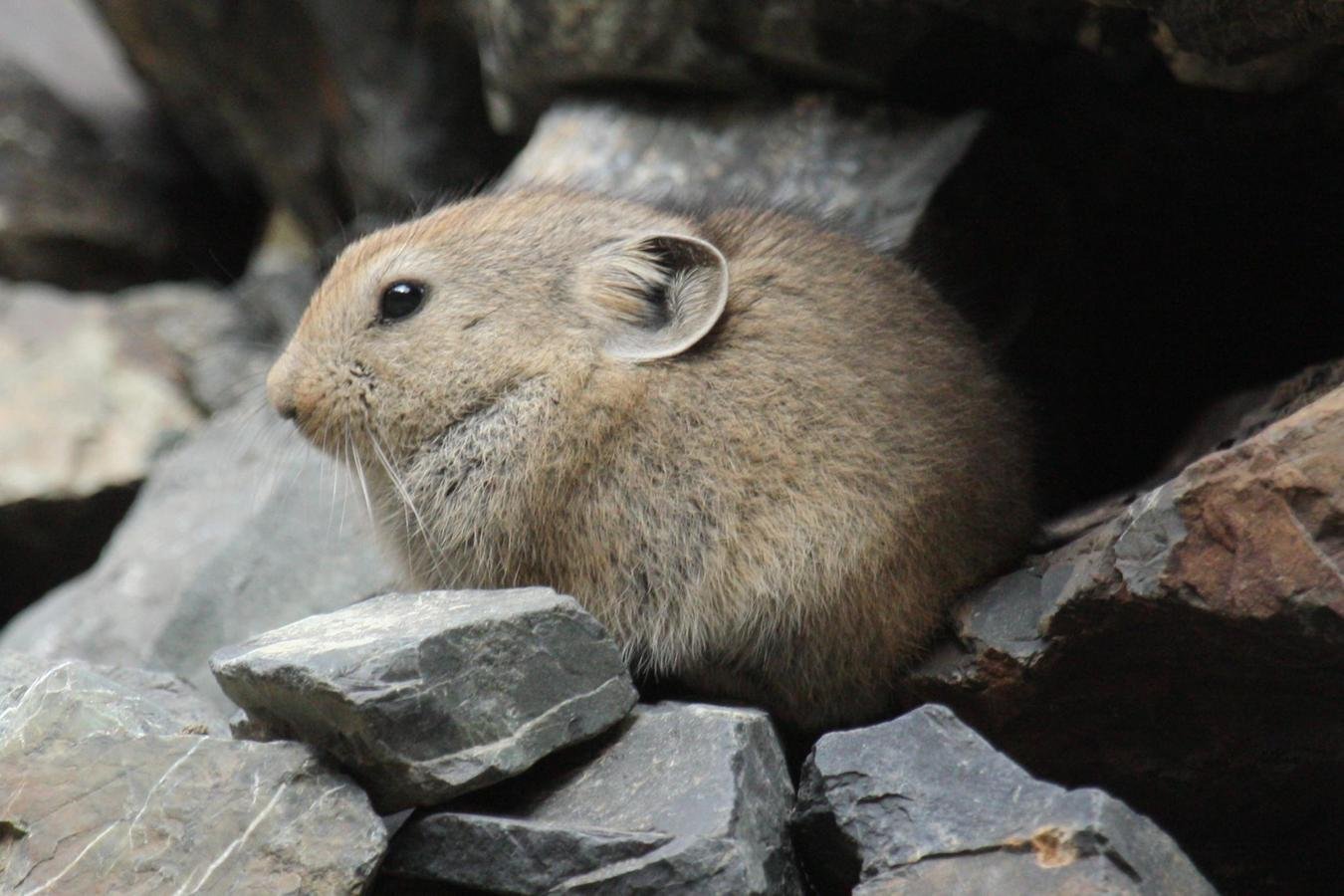
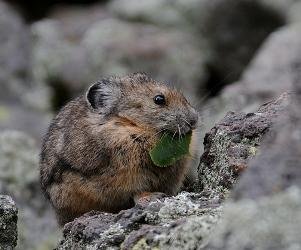
Arctic Fox
Diet: small mammals (lemmings; voles), birds and their eggs, carcasses left by other animals (polar bears)
Size: 3-3.5 ft head to tail, 6-9 lbs, femalse are normally smaller than males
Adaptations: fur on paws; thick, dense coat of fur; short ears; small body; large, bushy tail used to curl around it's body
Reproduction: mating season in the spring, build dens, average litter of 6-8 kits
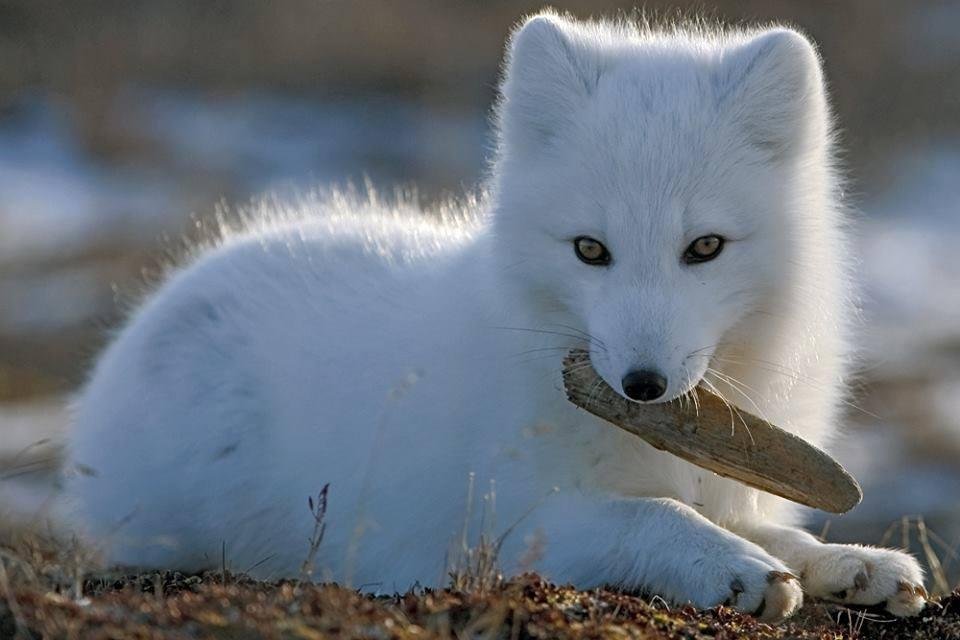
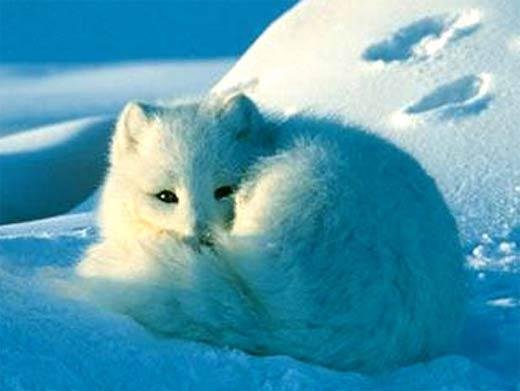
Plants
Bearberry
Lorem ipsum dolor sit amet, consectetur adipiscing elit. Morbi nec metus justo. Aliquam erat volutpat.
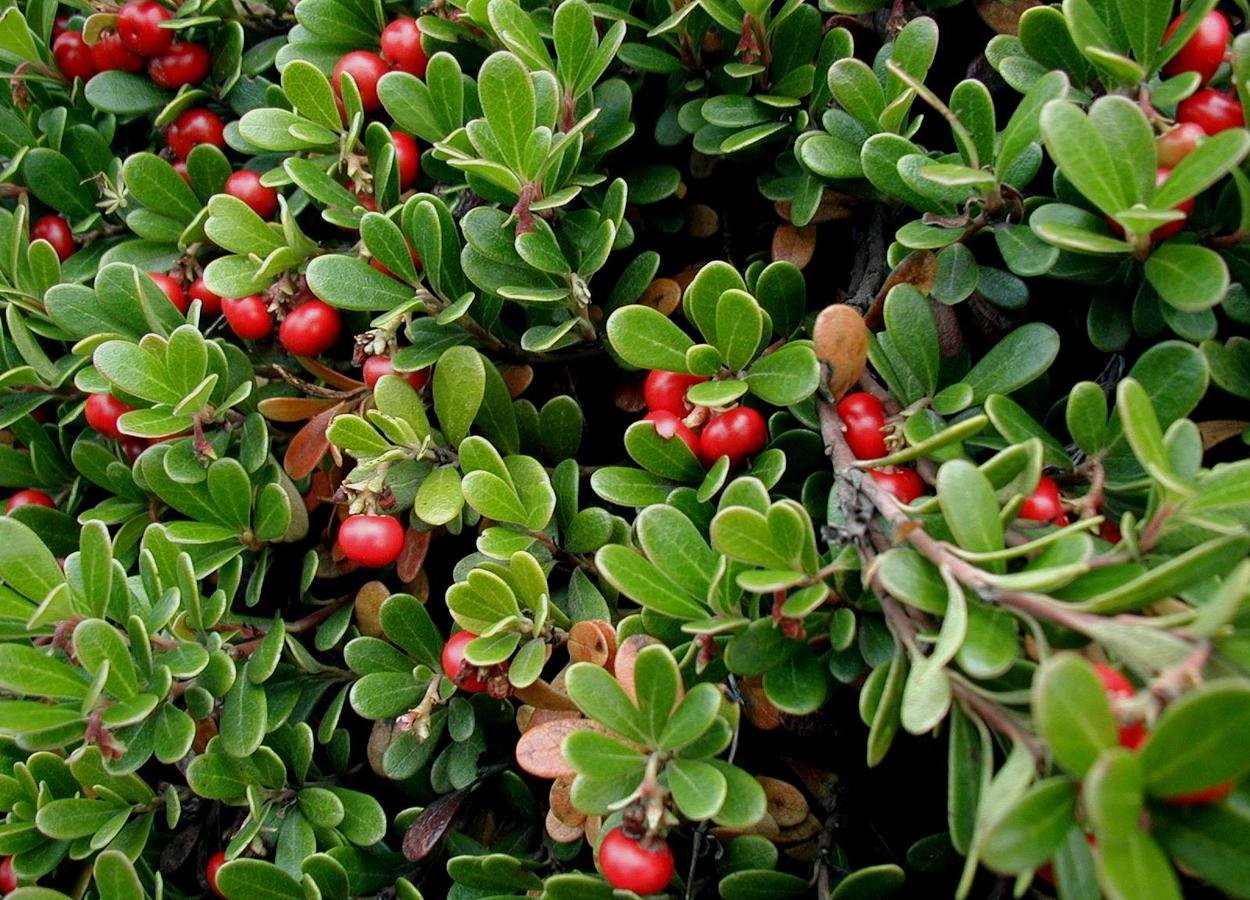
Arctic Moss
Lorem ipsum dolor sit amet, consectetur adipiscing elit. Morbi nec metus justo. Aliquam erat volutpat.
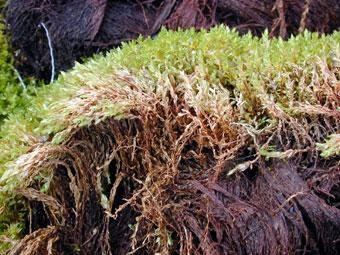
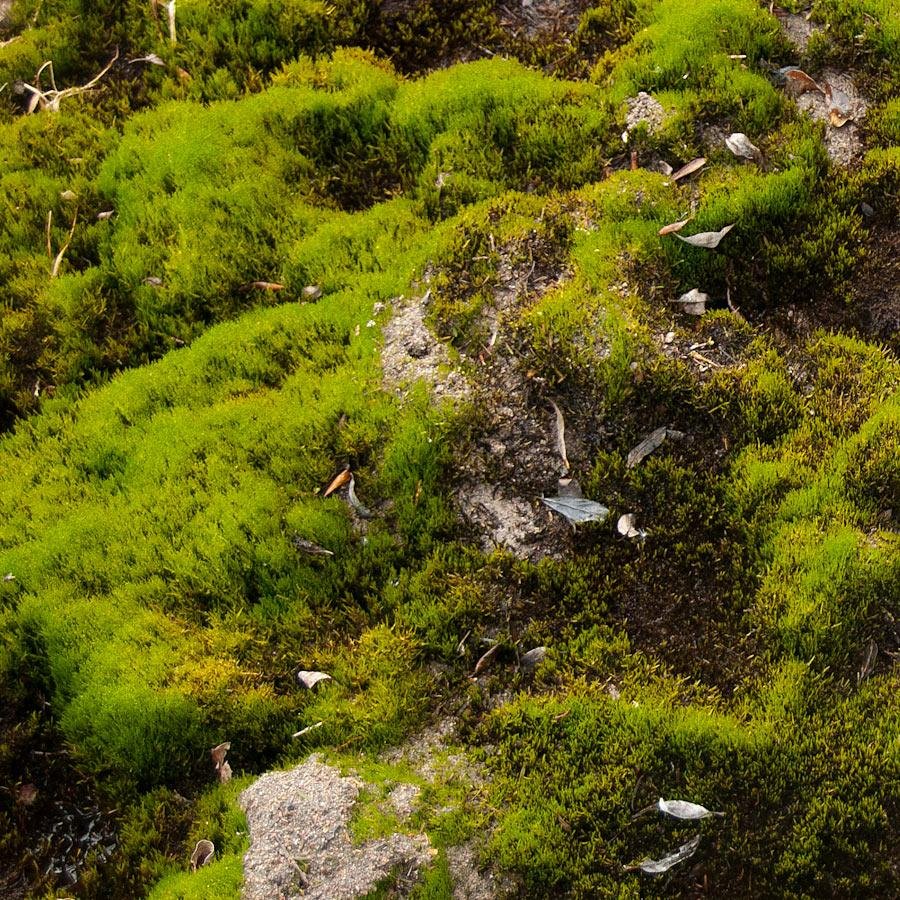
Caribou Moss
Lorem ipsum dolor sit amet, consectetur adipiscing elit. Morbi nec metus justo. Aliquam erat volutpat.

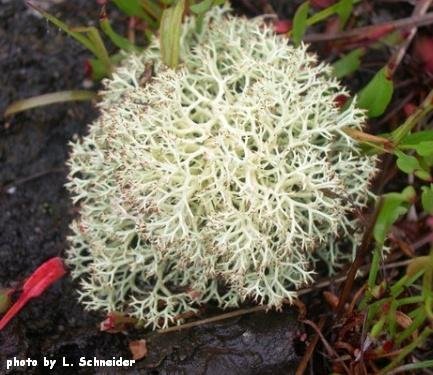
Diamond Leaf Willow
Lorem ipsum dolor sit amet, consectetur adipiscing elit. Morbi nec metus justo. Aliquam erat volutpat.
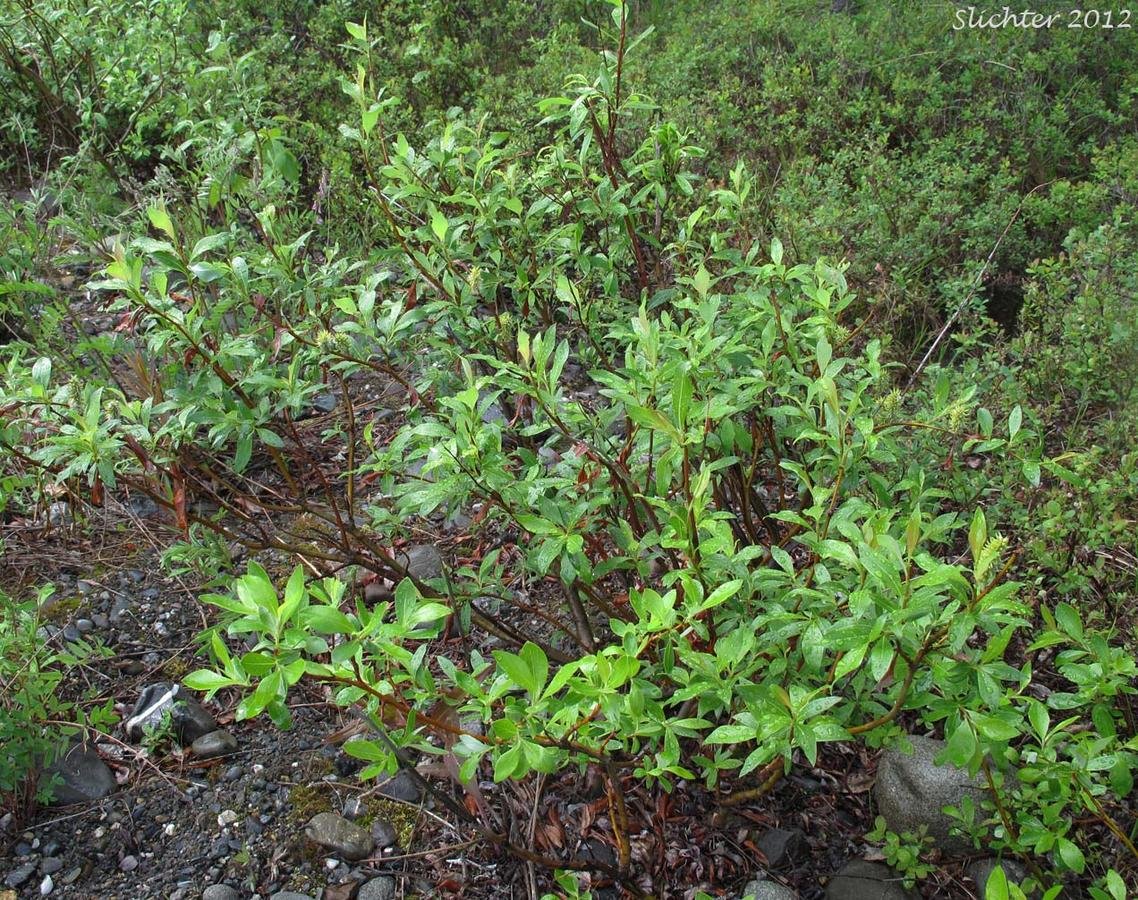
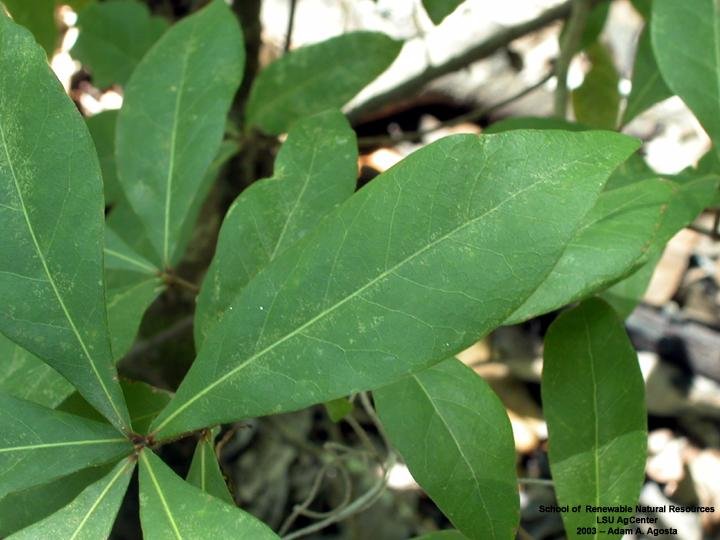
Arctic Willow
Lorem ipsum dolor sit amet, consectetur adipiscing elit. Morbi nec metus justo. Aliquam erat volutpat.
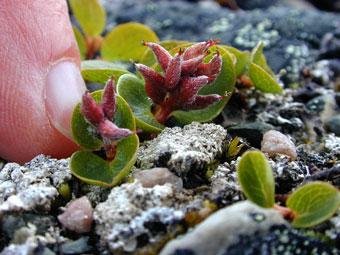
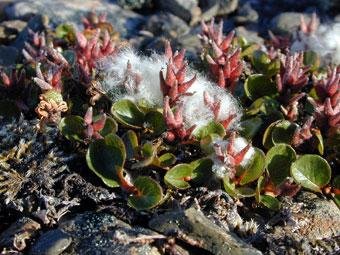
Labrador Tea
Lorem ipsum dolor sit amet, consectetur adipiscing elit. Morbi nec metus justo. Aliquam erat volutpat.
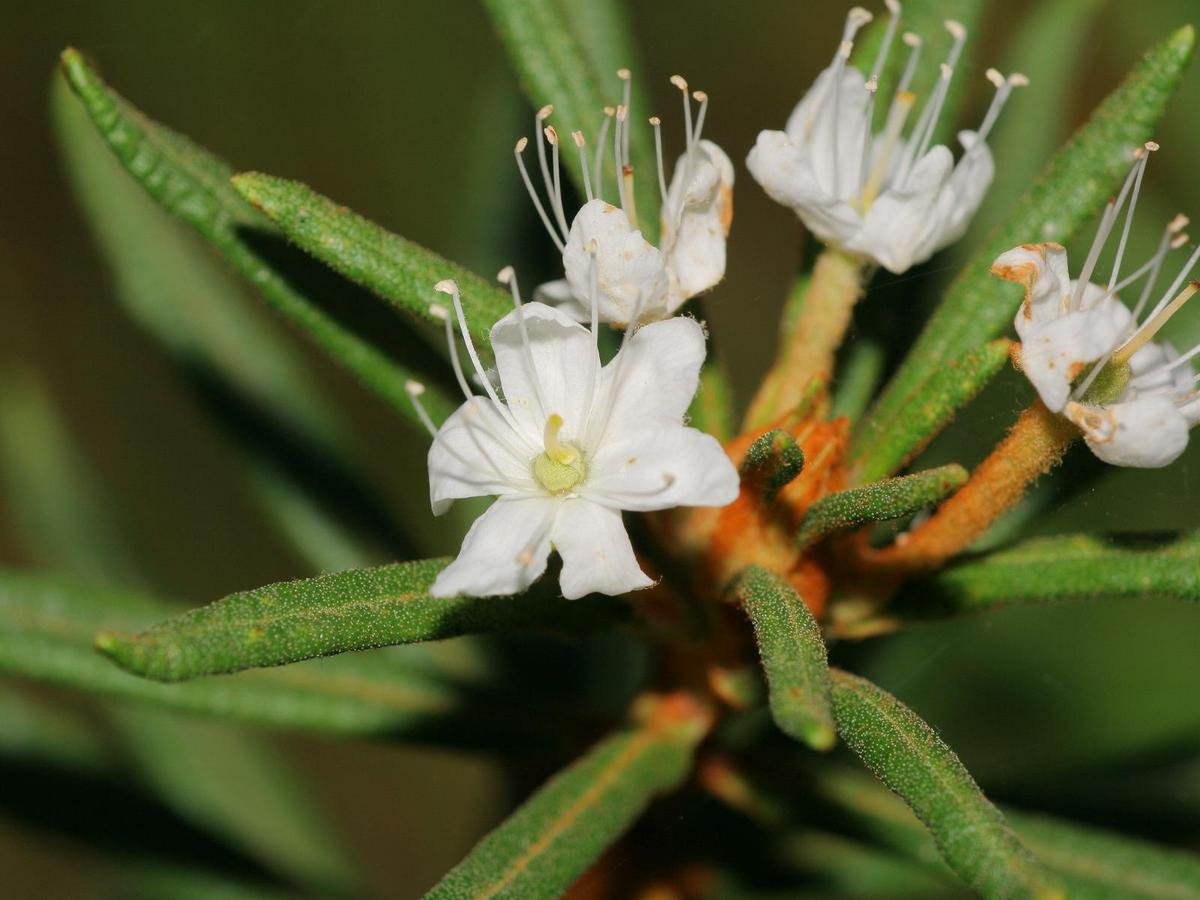
Pasque Flower
Lorem ipsum dolor sit amet, consectetur adipiscing elit. Morbi nec metus justo. Aliquam erat volutpat.
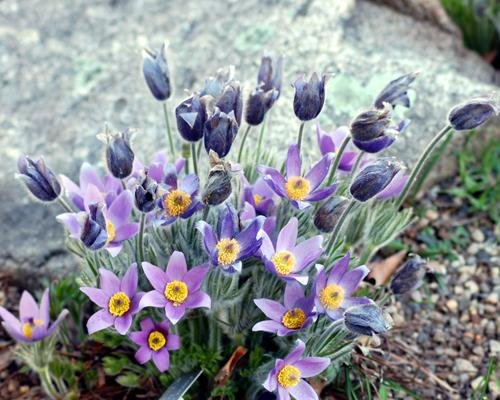
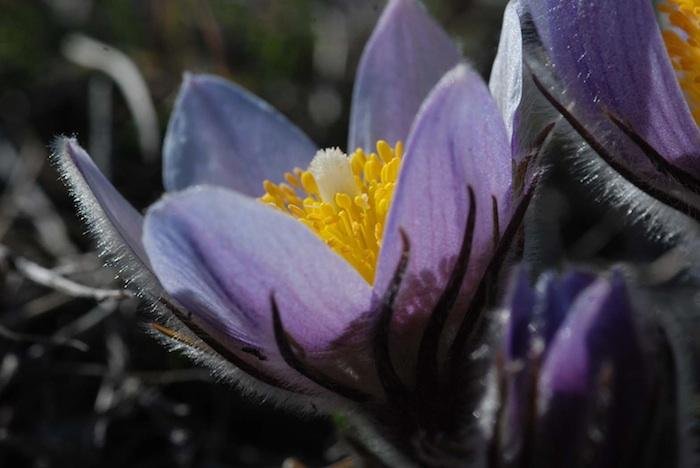
Tufted Saxifrage
Lorem ipsum dolor sit amet, consectetur adipiscing elit. Morbi nec metus justo. Aliquam erat volutpat.
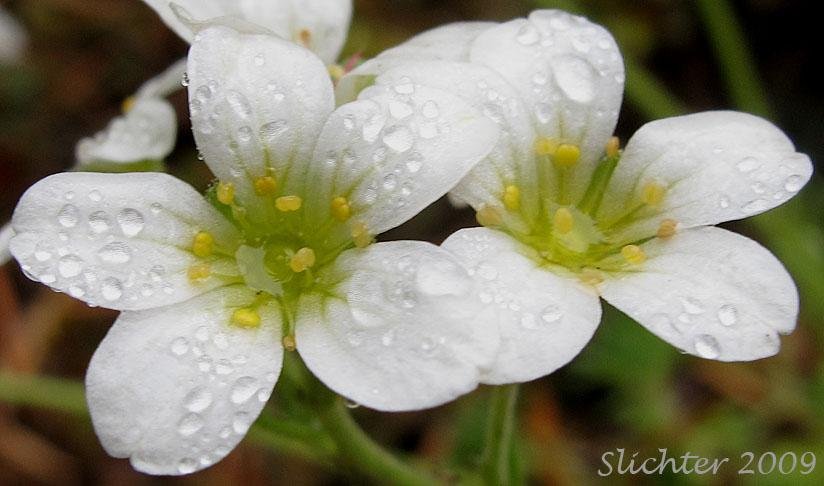
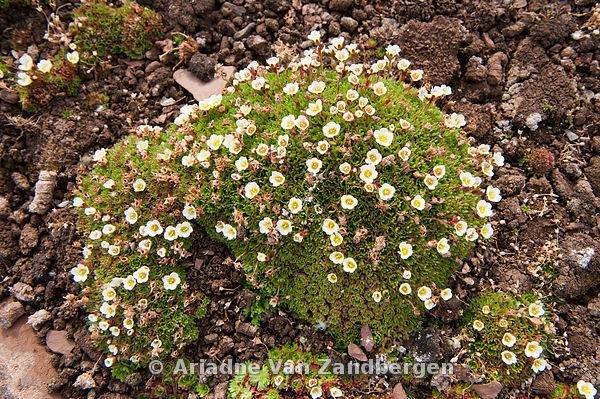
Weather
Locations
Title Text
Subtitle
Works Cited
Animals
- www.tundraanimals.net
- Wikipedia
- http://wwf.panda.org/about_our_earth/species/profiles/
mammals/arcticwolf/
- https://www.nwf.org/wildlife/wildlife-library/birds/bald-eagle.aspx
Plants
- Bullet One
- Bullet Two
- Bullet Three
Insects
- Bullet One
- Bullet Two
- Bullet Three